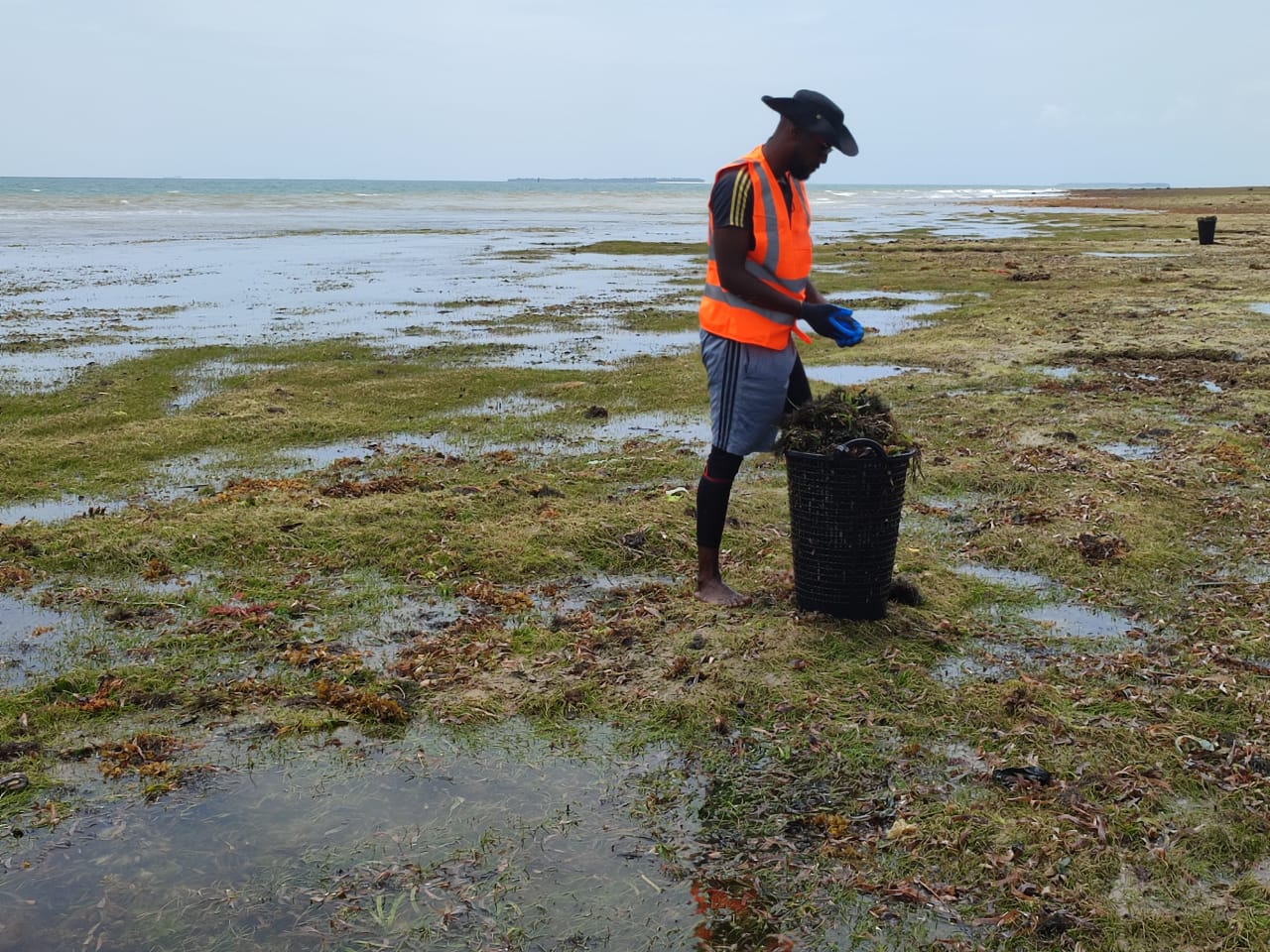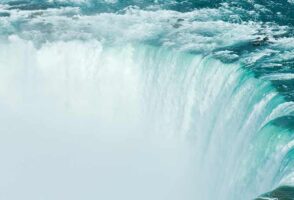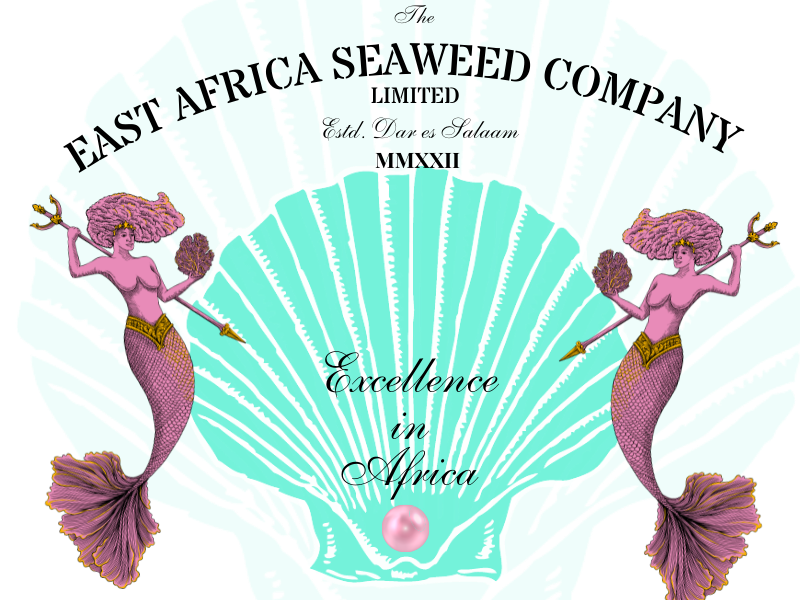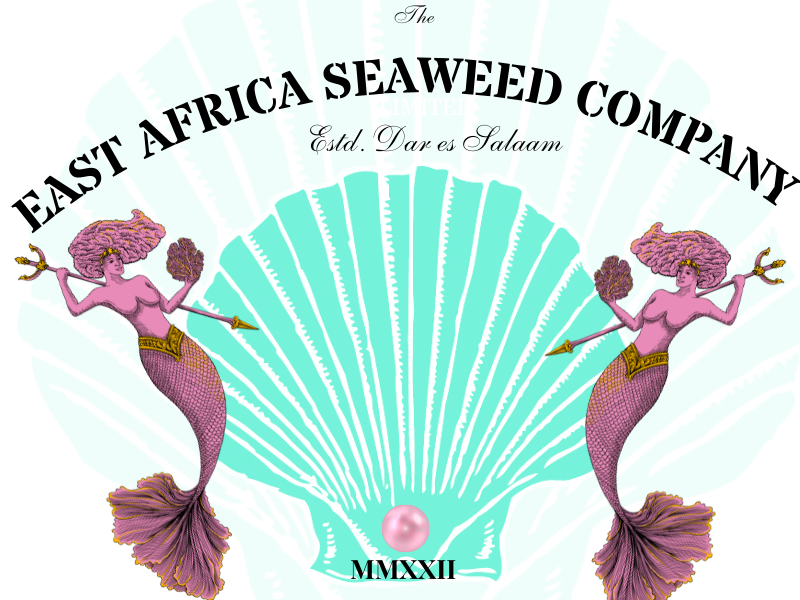
A Model for Sustainable Coastal Development
In Western countries, there are certain models and standards set into place for specific business models. For example: if one would like to create a business that changed the world with idealistic goals to stop hunger, provide fresh drinking water or end poverty and gain the support of the International community, one might start a Non-Profit Organization or a Non Government Organization.
If one decided that he did not wish to spend his days , seeking funding writing budgets and proposals for donors to support his mission, he may decide to give up his lofty ideals, start a for profit enterprise, get a board of directors and a venture capitalist to fund his mission and crack on with the business of making money hand over fist.
But what if one wanted to start a business that made a difference? A business where he did not have to give up on his ideals for making impact that changed the world around him, but also wanted to make good money while doing it. Well thank goodness for the B-corp structure, a model that encapsulates a for-profit enterprise doing good!
But what exactly is a B-Corp?
B Corp Certification is a designation that a business is meeting high standards of verified performance, accountability, and transparency on factors from employee benefits and charitable giving to supply chain practices and input materials.



In order to obtain B-corp Certification in Tanzania, most corporations must change their business constitution an expensive and unappetizing feat, that many companies are unprepared for, especially when registering a company in itself in Tanzania is expensive and time consuming.
As a result B-Corp the designating body in the United Kingdom has no representatives in Tanzania and therefore no designation. This was somewhat daunting, if we were setting out to do good, how would we be able to show the world without the designations? When funders and partners seek these designations to determine if we are worthy of support? The same was true when it came evident that most seaweed farmers who would be dependent on our export license to obtain fair trade for their seaweed, there is no such designation as “Fair Trade Seaweed” When most consumers are seeking the fair trade logo to ensure that their purchases were ethically sourced. We were alone, we found ourselves alone because we did not have and could not obtain the designations that would introduce our new kind of business to the international community. Our only way forward was to rely on our own conscience to do the kind of ethical and transparent work we wanted to do. As a new company, this challenge gave us an opportunity to write our good intentions into our constitution at the time of our formation. This gave us and others a guided path for an environmentally friendly business model, an impact organization working within the United Nations sustainable development goals, life below water(14) and a sustainable development organization that includes best practices and the best interest of coastal communities in our initiatives.




No Comments